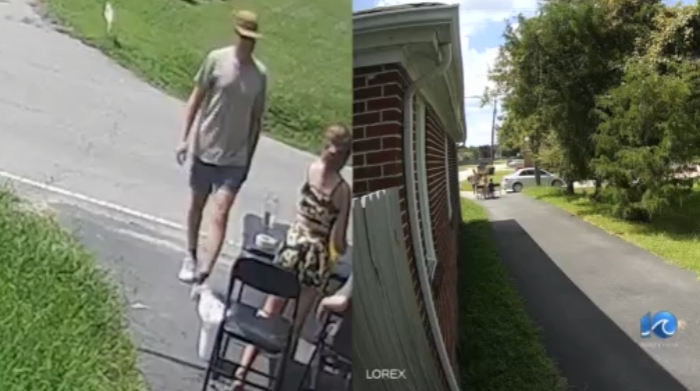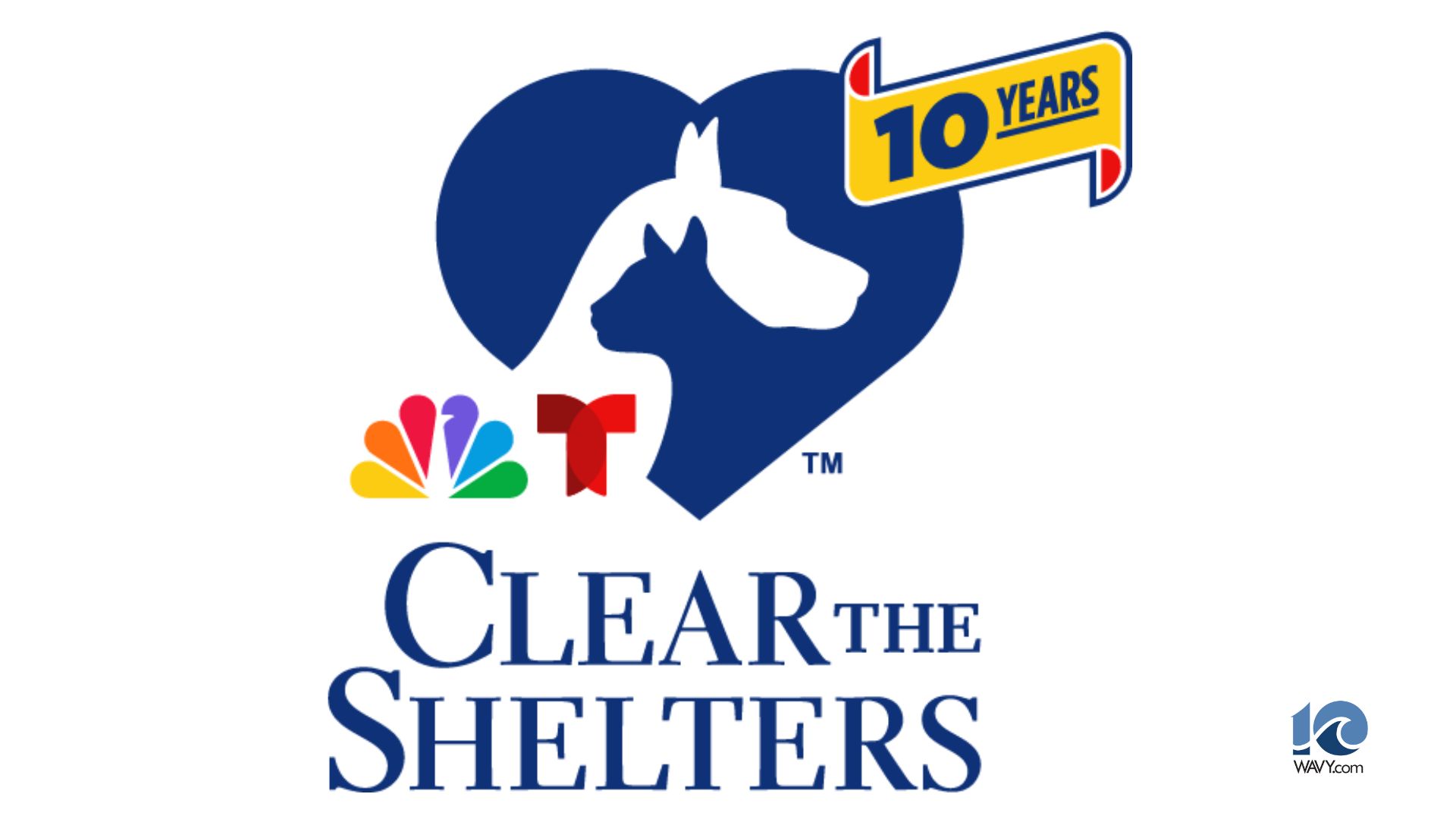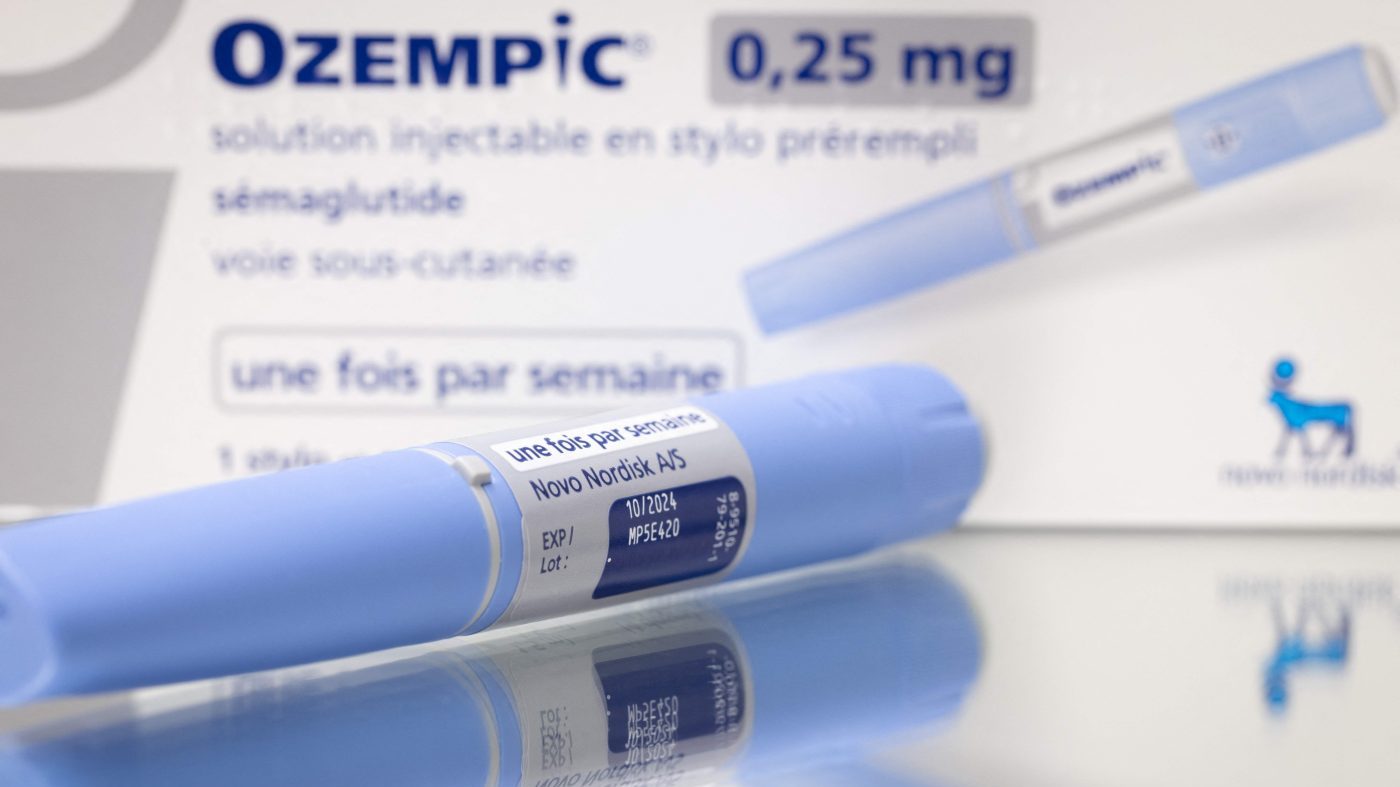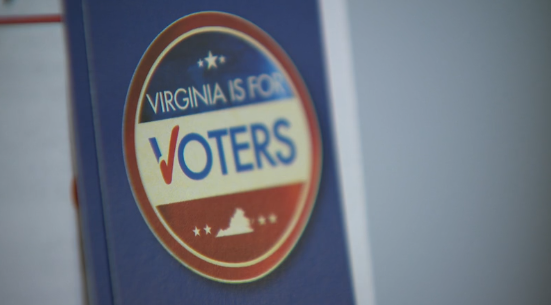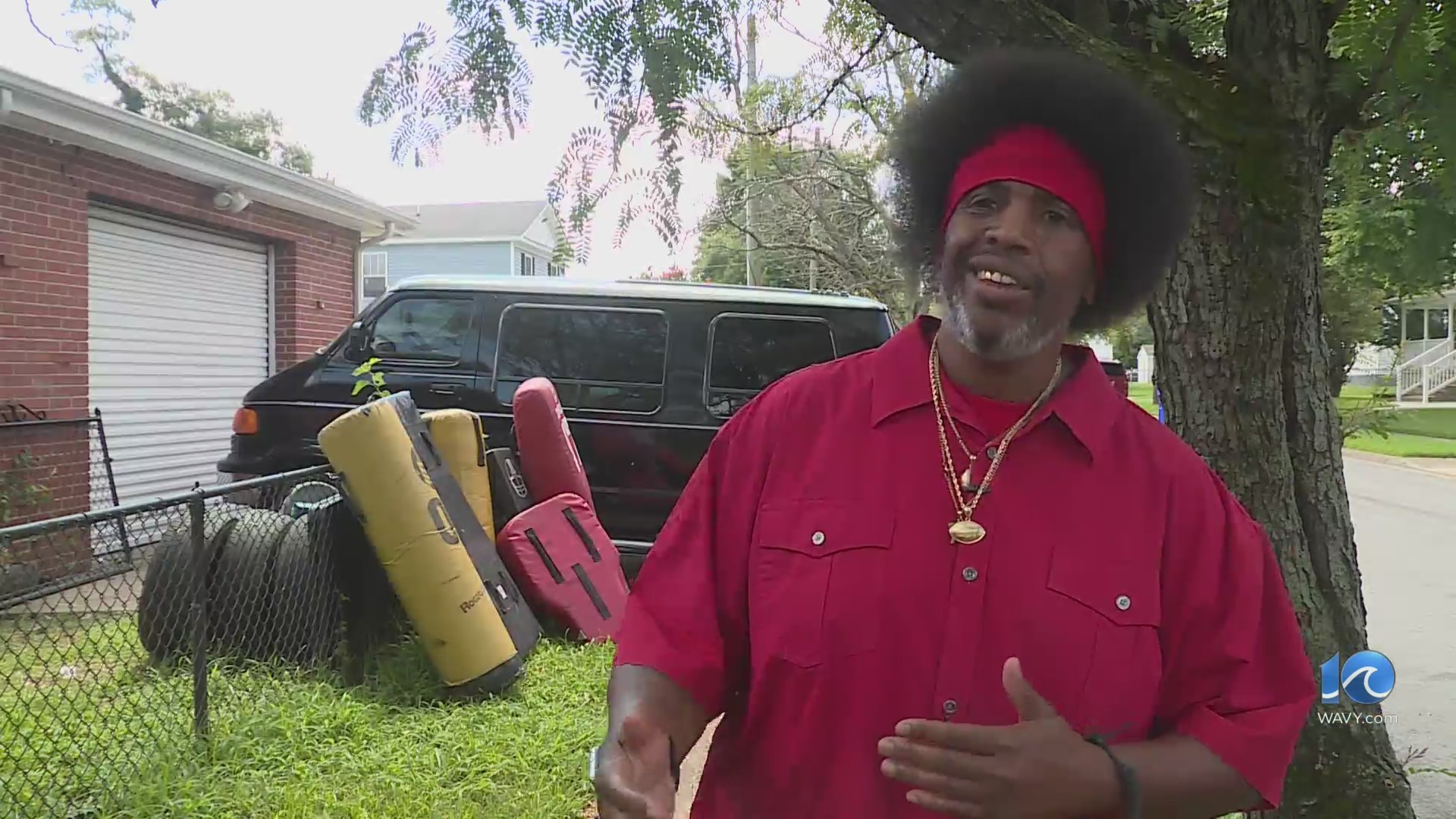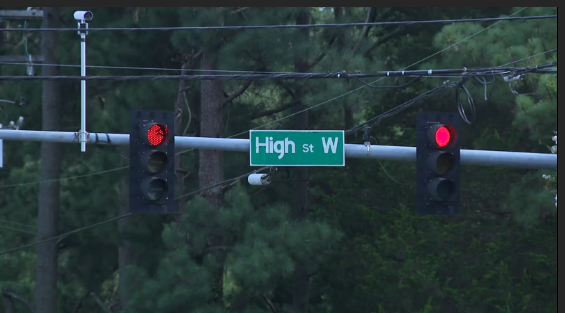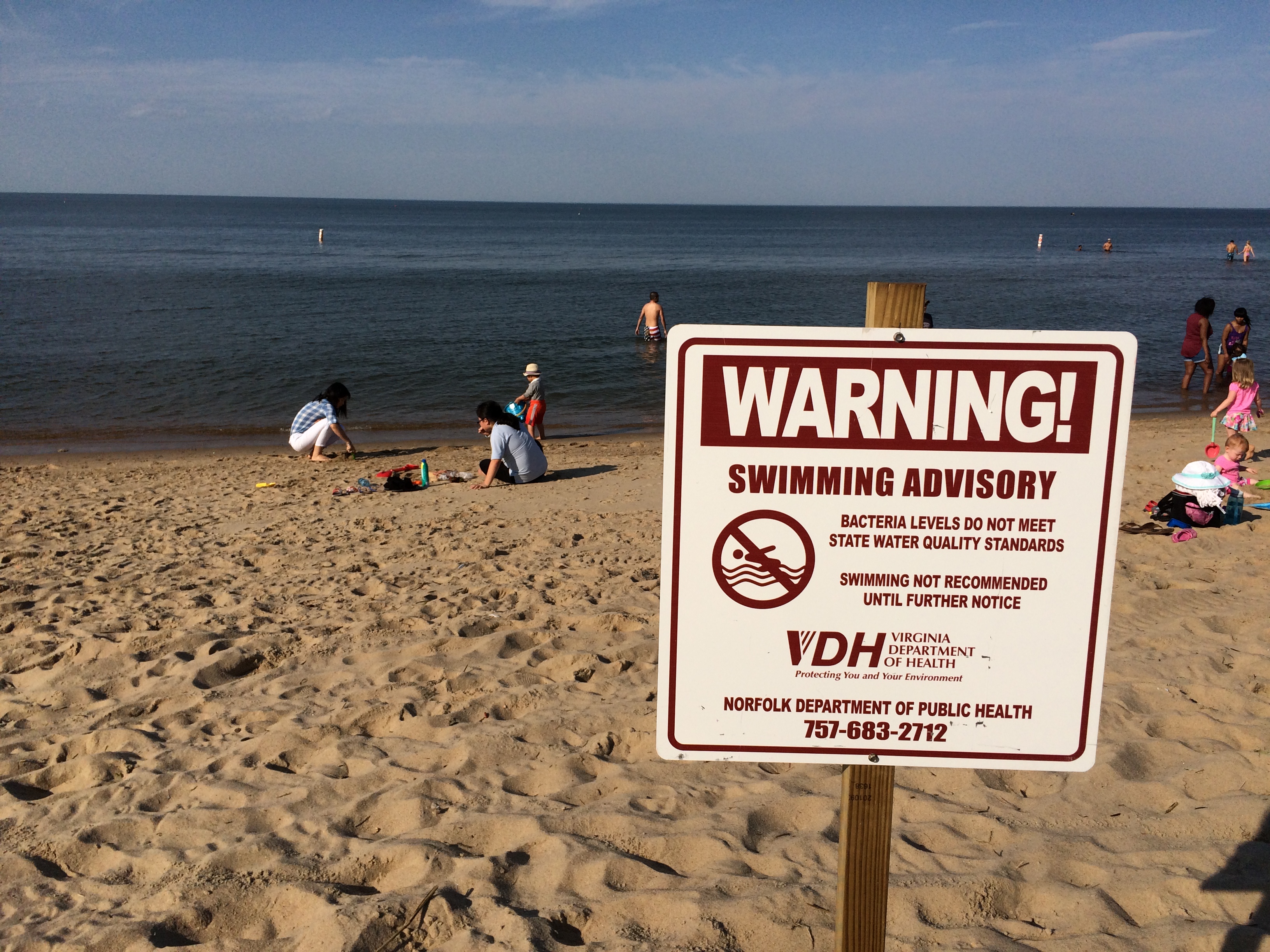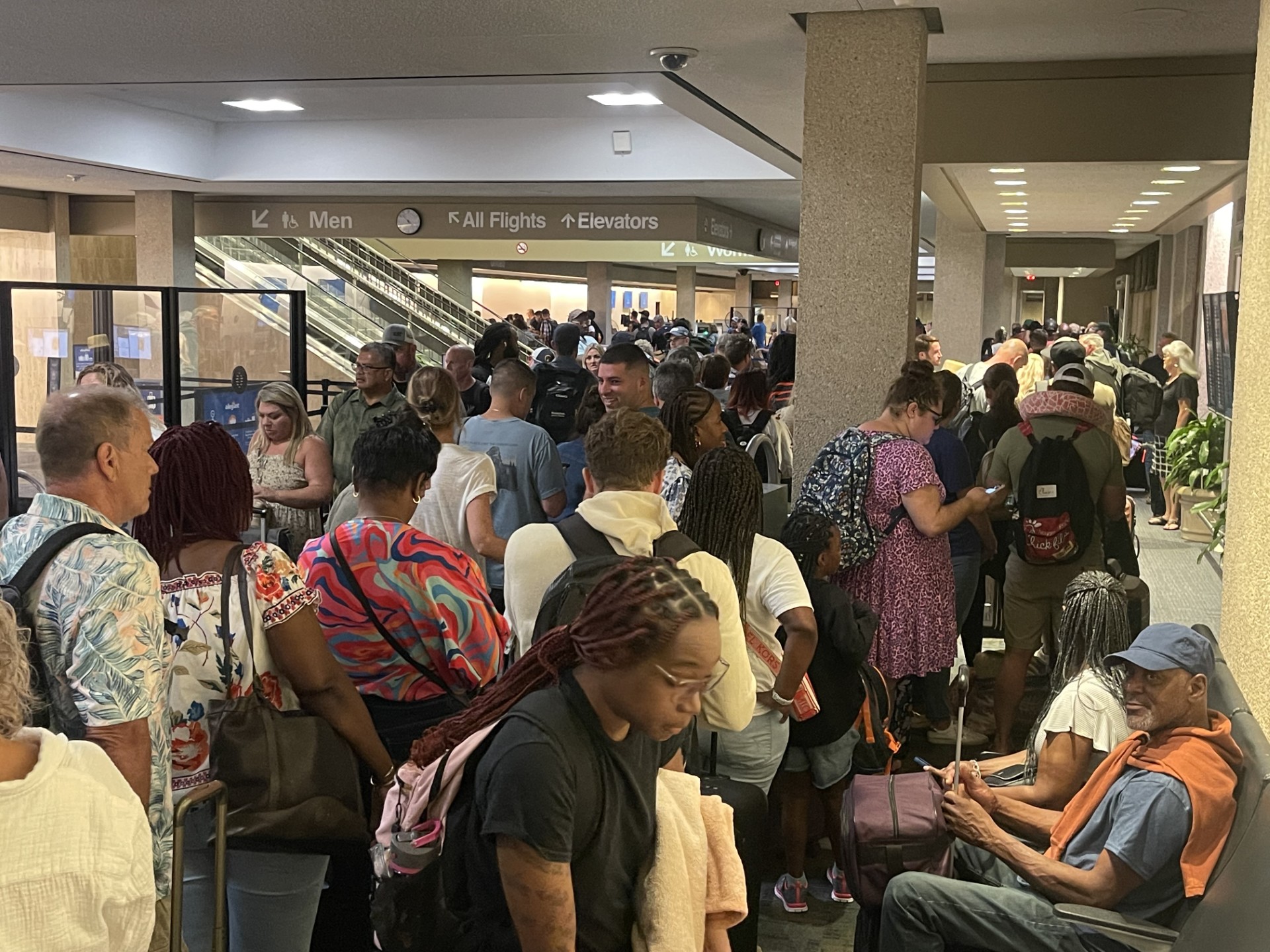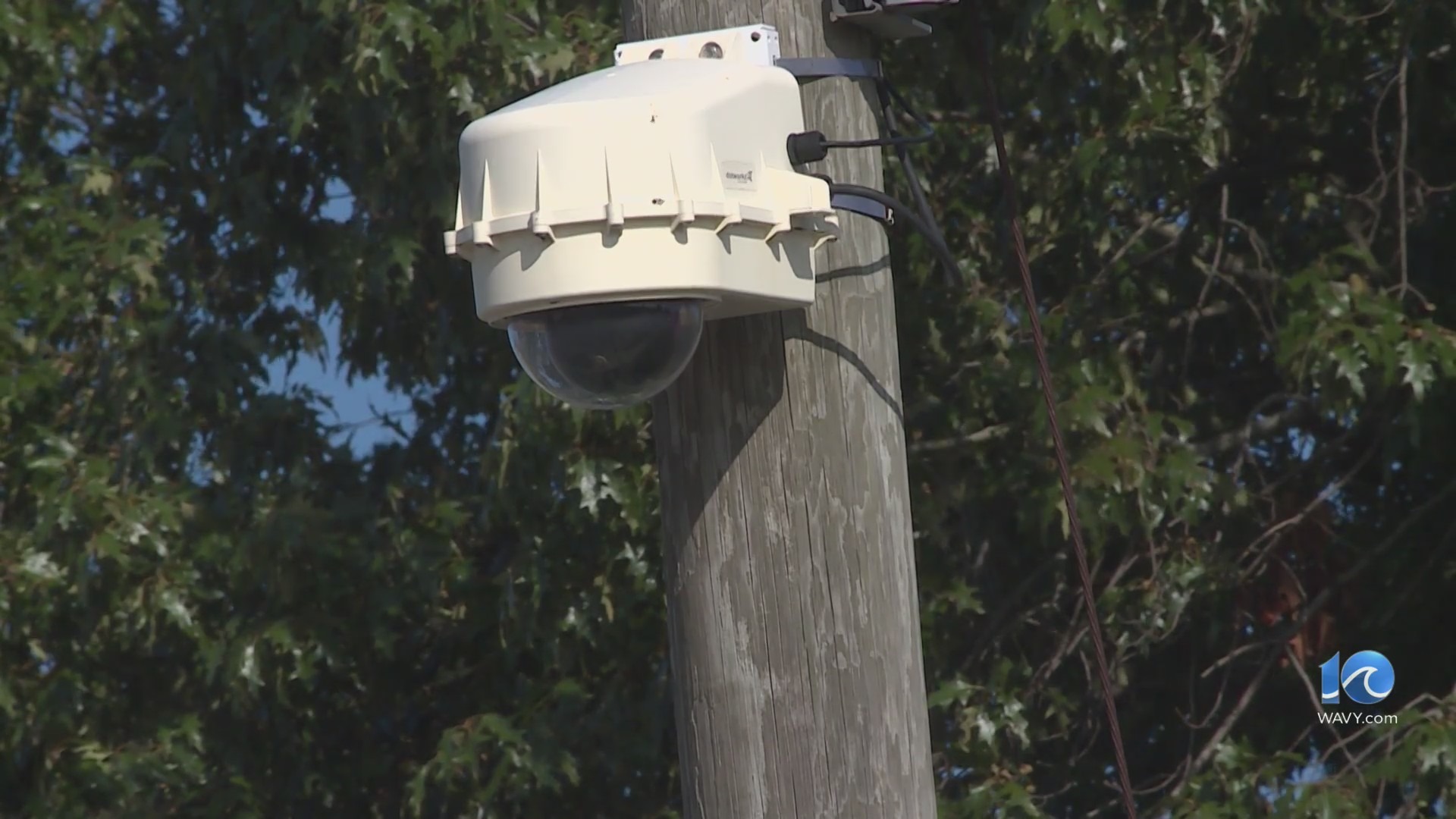NORFOLK, Va. (WAVY) — Each night in May, Sentara Leigh Hospital lights up green for Mental Health Awareness Month.
The national movement focuses on reducing the stigma and bringing attention to the public health issue. Susannah Uroskie and Dr. Ted Uroskie, Jr. hope the green hospital lights spark a conversation.
“It’s been a journey, and you would think, you would think the system would be further along than it is,” Susannah said.
In 2015, while home from college, their daughter, Alexa, had a psychotic break and was hospitalized. They had no idea where to turn.
“That was the beginning of an entirely new chapter for us, and even with my insight with medicine,” Ted said.
Ted works as a Plastic Surgeon for a private practice and is on staff at Sentara Leigh Hospital.
In 2016, Alexa was diagnosed with bipolar disorder. After a year of several hospitalizations and medication, she stabilized.
The National Alliance on Mental Illness, or NAMI, was one local resource the Uroskies were introduced to during Alexa’s initial crisis.
“A couple people recommended NAMI’s family to family course,” Susannah said.
It was eye-opening and rewarding. Ted said it made them realize how little they actually knew. After the period of crisis, Susannah decided to jump into advocacy. It started with answering the phone for an hour or two a week, and grew into much more as she stepped in at NAMI.
From there, Susannah became deeply involved with the local chapter. Alexa also joined in. In addition to the training, they shared their lived experience, offering hope and support to others in the community.
“NAMI is such a good organization,” Susannah said. “It’s a free service for people who don’t know where to turn.”
In 2022, Alexa experienced another psychotic break after stopping her medications while trying to get pregnant and was hospitalized. According to Ted, it took six visits to the emergency room before Alexa was finally hospitalized for a month.
In February 2023, Alexa died by suicide.
“She was an incredible young woman,” Susannah said. “She was full of life. She had the most beautiful smile.”
Now, Susannah and Ted are working to fix the system and the stigma.
“You don’t want people to get to a crisis level,” Susannah said. “You want to be able to help them before they get to that point.”
For Ted, it changed the way he interacted at work and his practice. A poster saying “Mental Health is Health” is on the door as patients leave the his office.
“I think we get so conditioned to be specialty trained and to get through a certain number of patients where the quantity is the important thing, and not the quality,” Ted said. “And we’re dealing with human beings that have feelings, that have mental health issues, regardless of the specialty. And I think that it has shed a light on all that for my personal practice.”
Dr. Charles Dunham is a Psychiatrist at Sentara Behavioral Health Care Clinic. He wants to work on prevention.
Dunham was at the Digital Desk to talk about mental health. He discussed signs and symptoms, integrative care and more. Watch the segment in the video player below.
“If we’re able to catch people and take care of them in primary care, then we prevent hospitalizations, we prevent suicides,” Dunham said.
Dunham said his group is trying to work with insurance plans to focus on primary care to support preventative treatments. It helps the patients get healthier faster, have less problems and saves the insurance companies money as well.
1 in 5 adults in the U.S. live with a mental illness, according to the CDC.
“We have lots of people needing help,” Dunham said. “And there’s not many behavioral health providers out there. We currently have healthcare provider shortage areas for mental health all the way around the commonwealth and that’s going to continue for many years. We have to find better ways to take care of people before they get into crisis.”
Dunham believes the younger generation has a better grasp of when to seek help for mental health, but that he has seen changes across the age spectrum.
“I saw an 82-year-old gentleman for the first time come into my clinic for talk therapy,” Dunham said. “That’s the first time he’s ever seen a therapist. He’s not reaching out for dementia or any age-related issues.”
The patient came in for depression and his brother said he needed to seek help.
“That is a testament to how we’re growing in this country and how we look at mental illness,” Dunham said.
Sentara is trying to create a more integrated system and expanding behavioral health focused treatments. Now, Dunham said six clinics have therapy integrated.
“We don’t want to wait until people are in crisis to take care of them,” Dunham said. “We want to see them beforehand. We want to partner with other professions, and the community and other specialties to make sure we are getting behavioral health resources to them, the patients that need it the most instead of waiting to see them and having people fall through the cracks.”
Here are signs and symptoms to be aware of:
- Changes in sleep, interests and energy levels.
- Expressing shame or guilt over past things.
- Experiencing problems with concentration and focus completing tasks.
- Loss or growth in appetite.
- Feeling like you are moving slower than normal.
For those seeking help, Dunham is optimistic and sees growth in the mental health space.
“We are actually living in a golden age of psychiatry and behavioral health, we have more evidence based treatment and resources that we’ve ever had before,” Dunham said.
Shining a light on mental health issues is critical.
“My hope would be the green ribbon as prevalent as pink for breast cancer awareness,” Ted said. “Knowing is half the battle.”
The Uroskies were pivotal in Sentara Leigh Hospital glowing green this month.
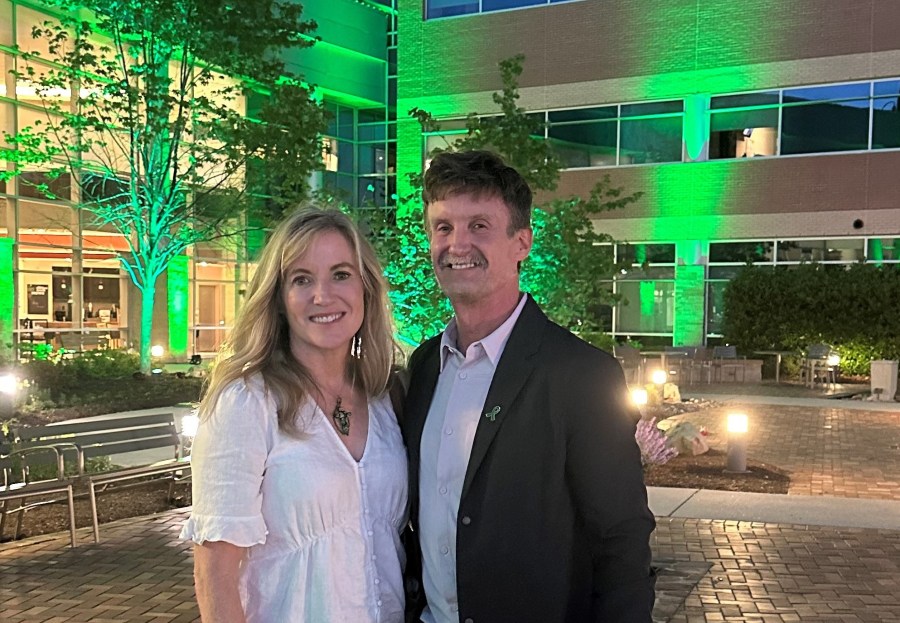
“It’s a feel good heartwarming thing, because we suffered a terrible loss, and there are a lot of people suffering, and if we can touch a few, little by little,” Ted said.
They’ve also passed out green lights to their neighbors, lighting their street green to raise awareness.
“The hope is someone will say ‘why do you have a green light’ and then, it starts the conversation,” Susannah said.
Local resources are available in Hampton Roads. Find your local Community Services Board to see what services are in your city. Click here to view more resources from the Virginia Department of Behavioral Health and Developmental Services.
If you or someone you know is in crisis, call or text 988 to reach the Suicide & Crisis Lifeline.
For information on programs, events, presentations and support groups the National Alliance on Mental Illness offers, click here.
If you or someone you know is in crisis, call the Suicide Prevention Line at 988 or 1-800-273-TALK.















































































